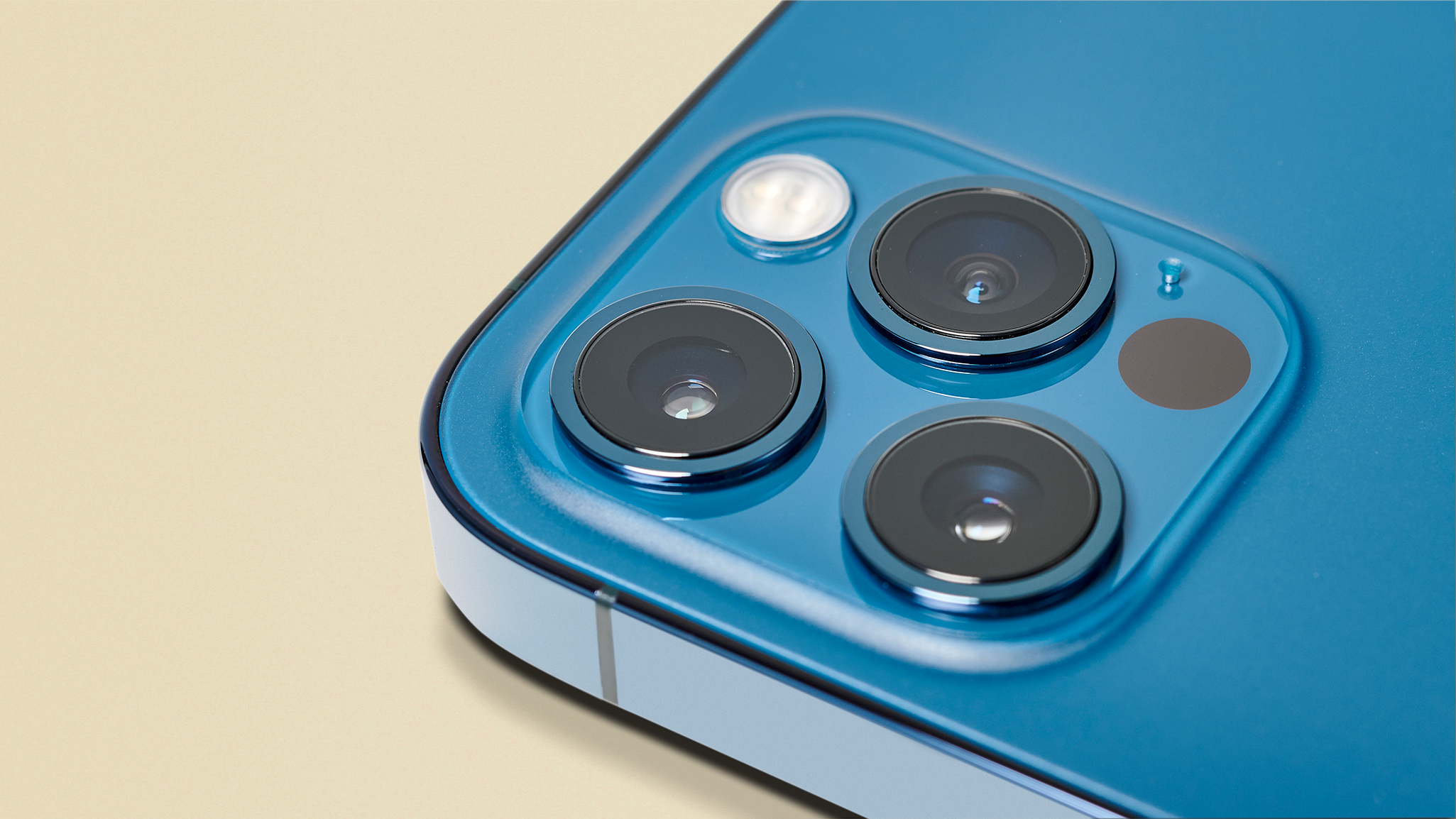

Is it time to get excited about a sensor? The LiDAR scanner that’s currently in the iPhone 12 Pro, Pro Max and 2020 iPad Pro is coming to every single iPhone in the iPhone 13 line-up. That’s good news for your photos and even better news for fans of augmented reality, which takes on a whole new dimension with LiDAR sensing. It might even mean that Apple’s AR glasses are imminent.
The report comes from our old rumour friend Digitimes, which says that Apple will bring the scanner technology to all its 2021 iPhone models. Those iPhones will also retain Face ID. The report also says that Apple’s newly signed contract with Sony for the necessary components is a three-year deal, so this is clearly a fairly long-term plan.
In our iPhone 12 review, we loved the quality of the camera's images, but we noted that the phone's price made it feel like it needed features closer to what flagships offer… and this would do exactly that, and help the regular iPhone 12 come even higher in our list of the best phones.
Why LiDAR is important
LiDAR uses invisible light to measure distance, and it’s used in everything from self-driving cars to drones. Apple put a LiDAR sensor in the iPhone 12 Pro, iPhone 12 Pro Max and the 2020 iPad Pro for two reasons: photography and augmented reality.
LiDAR works by bouncing near-infrared light off things and then working out how far away those things are – it’s similar to radar, which does the same with radio waves, and sonar, which uses sound. In Apple devices it currently has a range of 5 metres. That means an iPhone or iPad can very quickly map what's in front of it in three dimensions.
That map delivers much faster auto-focus, especially in low light – the difference is absolutely massive in dim shots, and makes the focus more accurate. Apple uses LiDAR sensing to improve Portrait Mode’s effects too.
But where things get really fun is in augmented reality (AR), where apps overlay computer-generated objects in real 3D spaces.
Sign up to the T3 newsletter for smarter living straight to your inbox
Get all the latest news, reviews, deals and buying guides on gorgeous tech, home and active products from the T3 experts
The IKEA Place app is a good indication of what LiDAR can do. On iPhones without the sensor it can put virtual furniture in your room, but with LiDAR it can recognise the objects in your room and put the furniture in front, behind or beside them. Apple says it’ll soon be able to suggest what furniture would go best with what you’ve already got.
LiDAR can also be useful in health and fitness, categories that are increasingly important to Apple. For example Apple highlights the Complete Anatomy app, which can use LiDAR to accurately track even small body movements so that physical therapists can track patients’ progress and recovery.
Apple's betting big on AR in everything
For now, if you want to experience LiDAR-powered AR you have to do it on the screen of the iPhone 12 Pro, iPhone 12 Pro Max or the 2020 iPad Pro. But AR becomes even more compelling when it’s in front of your face, and for that you need a headset or smart glasses. Apple is apparently working on both.
That’s according to respected analyst Ming-Chi Kuo, who says Apple intends to release an augmented reality device in 2021. Kuo previously predicted Apple AR glasses with a 2022 launch date, so it’s possible that the 2021 device may be a tethered headset rather than fully independent Google Glass-style smart glasses. But independent smart glasses are on Apple’s roadmap too. By expanding LiDAR across the entire iPhone range and getting developers on board now, Apple is laying foundations for its AR future.
Writer, musician and broadcaster Carrie Marshall has been covering technology since 1998 and is particularly interested in how tech can help us live our best lives. Her CV is a who’s who of magazines, newspapers, websites and radio programmes ranging from T3, Techradar and MacFormat to the BBC, Sunday Post and People’s Friend. Carrie has written more than a dozen books, ghost-wrote two more and co-wrote seven more books and a Radio 2 documentary series; her memoir, Carrie Kills A Man, was shortlisted for the British Book Awards. When she’s not scribbling, Carrie is the singer in Glaswegian rock band Unquiet Mind (unquietmindmusic).
-
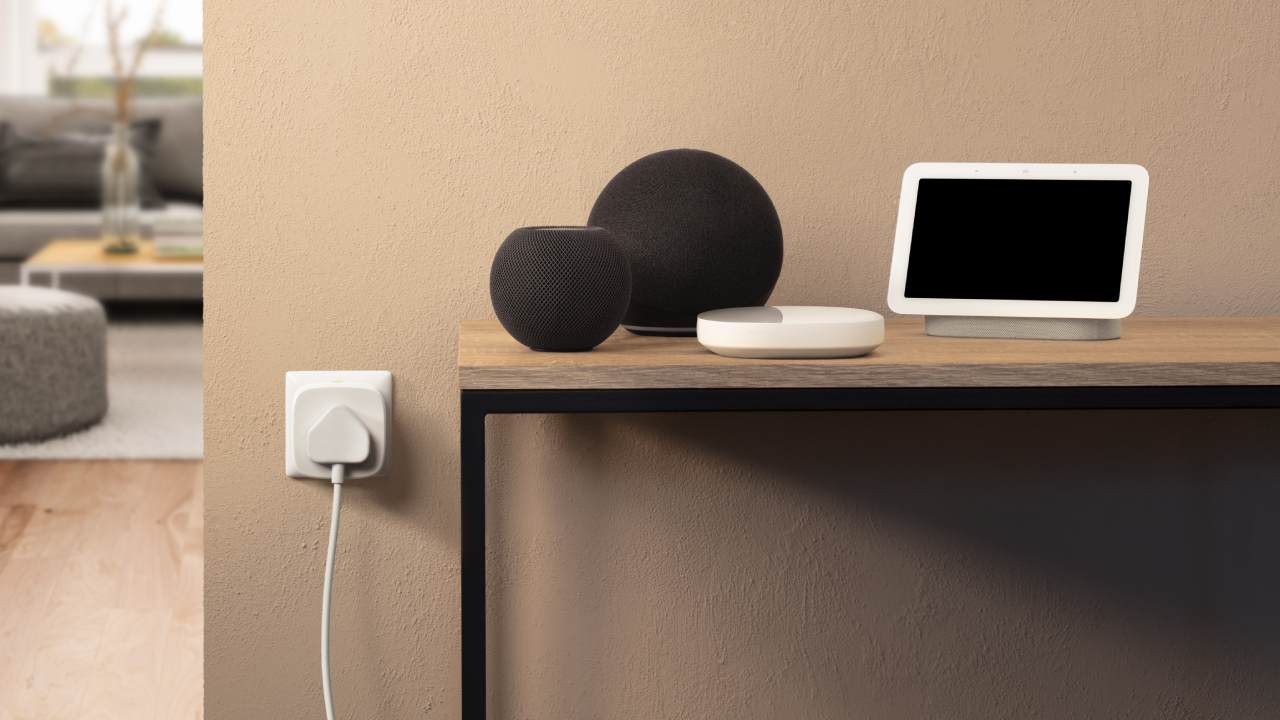 Eve’s smart plug gets impressive Matter upgrades – but I’m most excited about the app
Eve’s smart plug gets impressive Matter upgrades – but I’m most excited about the appEve Energy adds Matter support and an updated Android app
By Bethan Girdler-Maslen
-
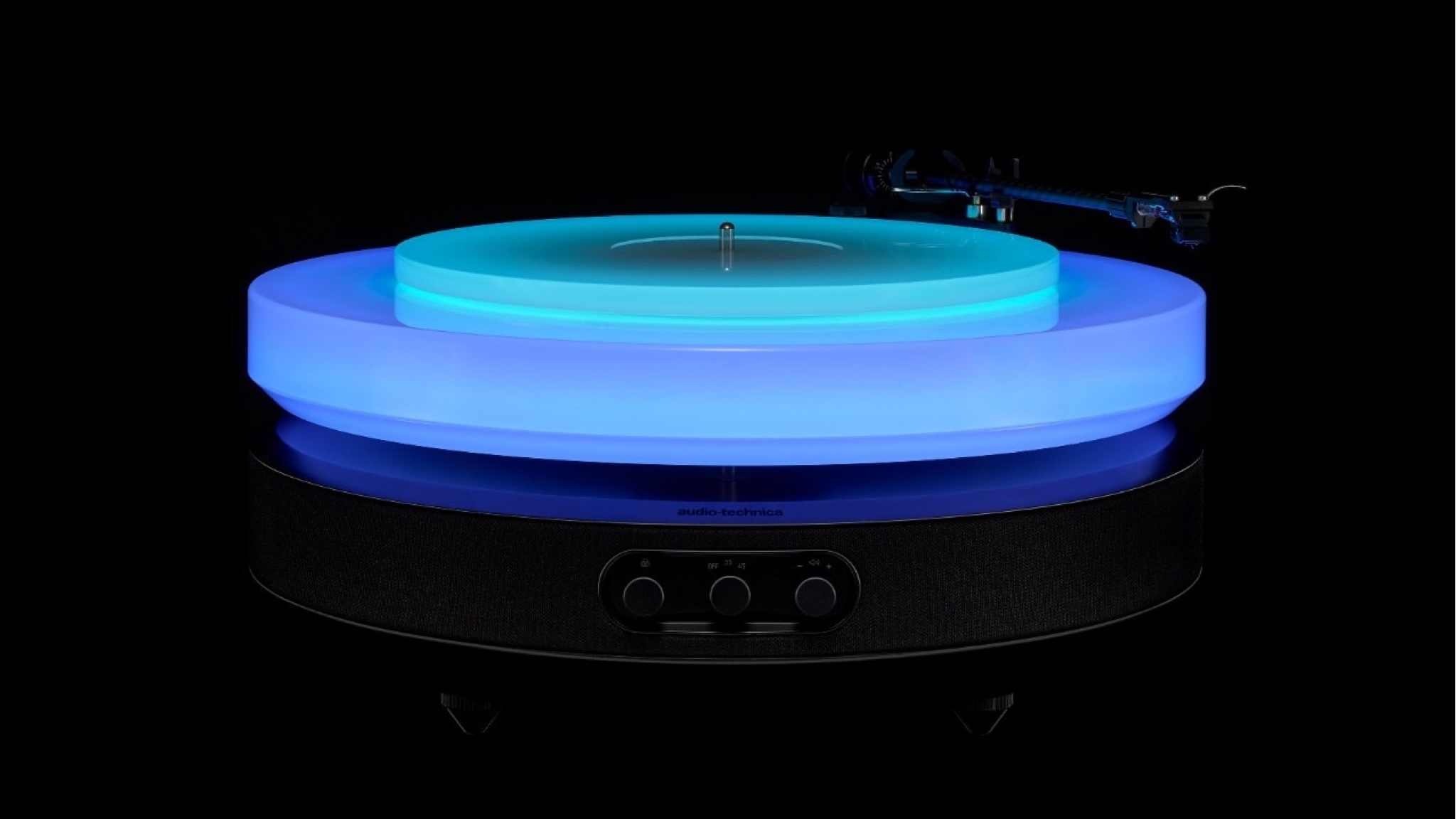 Audio-Technica’s latest luxury turntable will light up your life, and your records
Audio-Technica’s latest luxury turntable will light up your life, and your recordsThis strictly limited turntable is a feast for the eyes as well as the ears
By Carrie Marshall
-
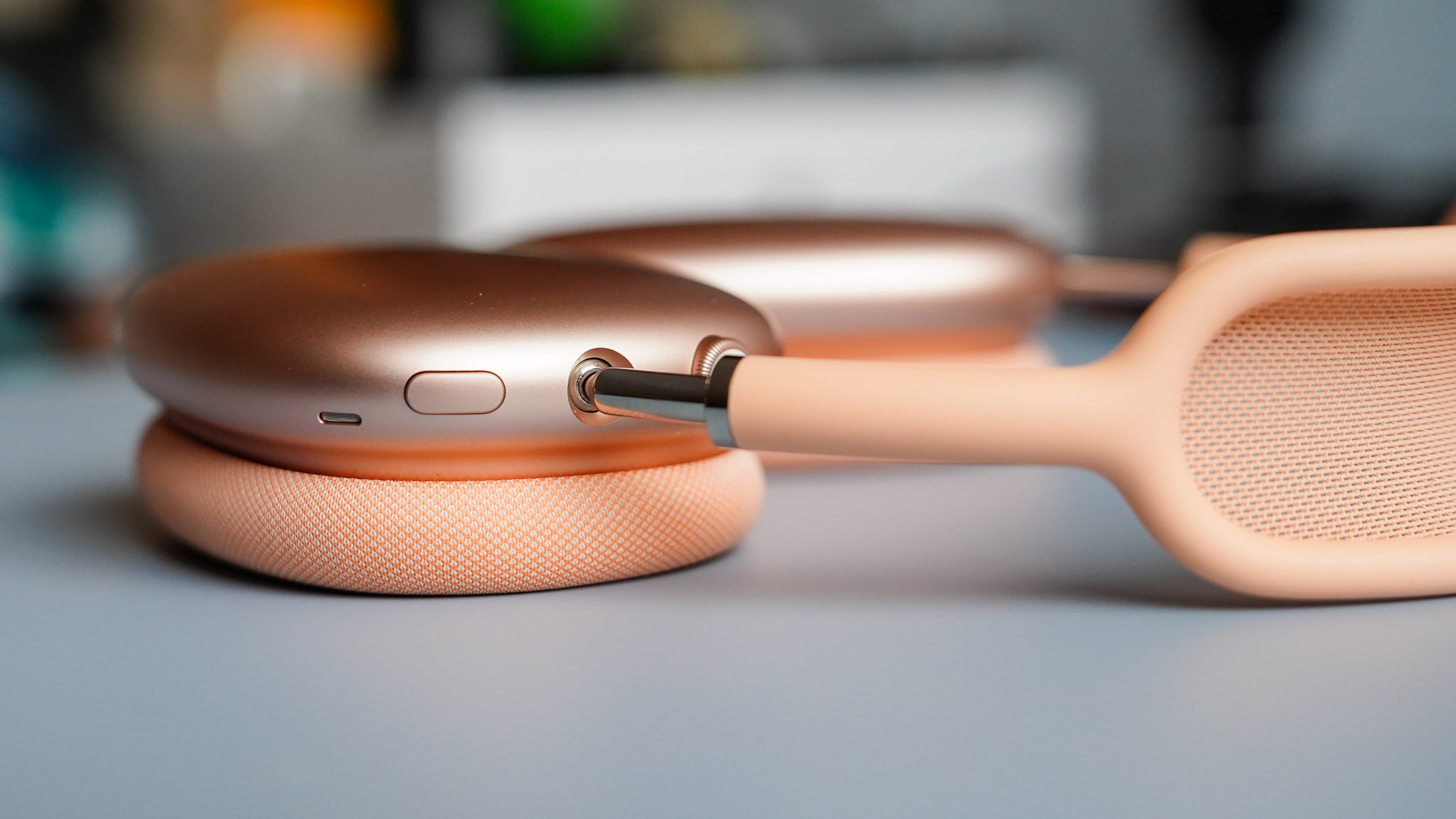 AirPods Max finally get the great free upgrade Apple promised
AirPods Max finally get the great free upgrade Apple promisedHere's how to make sure your headphones are running the right firmware
By Britta O'Boyle
-
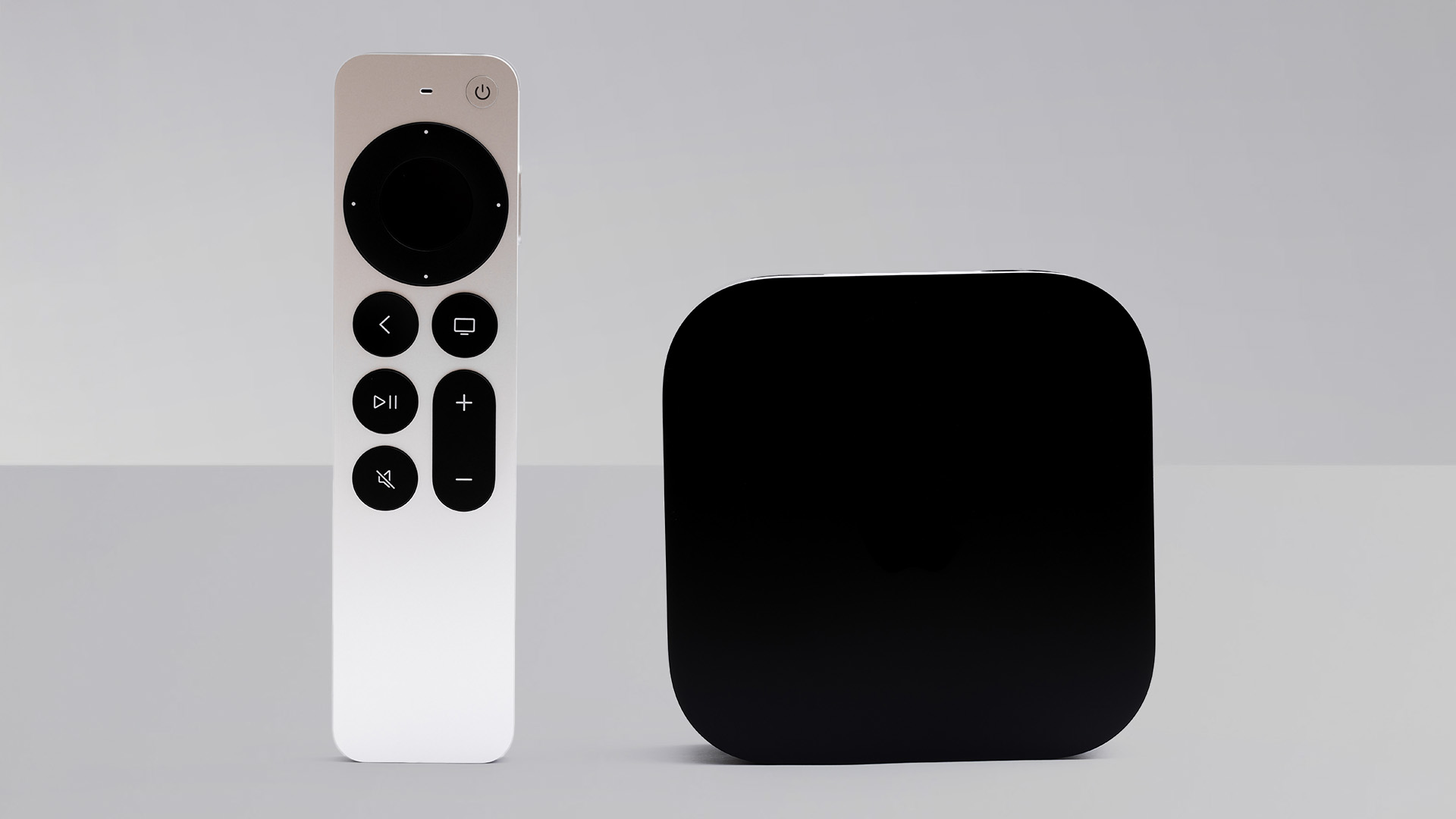 Apple TV gets a free update that makes it more simple to use
Apple TV gets a free update that makes it more simple to useApple has released tvOS 18.4 with a few design tweaks for its TV boxes
By Rik Henderson
-
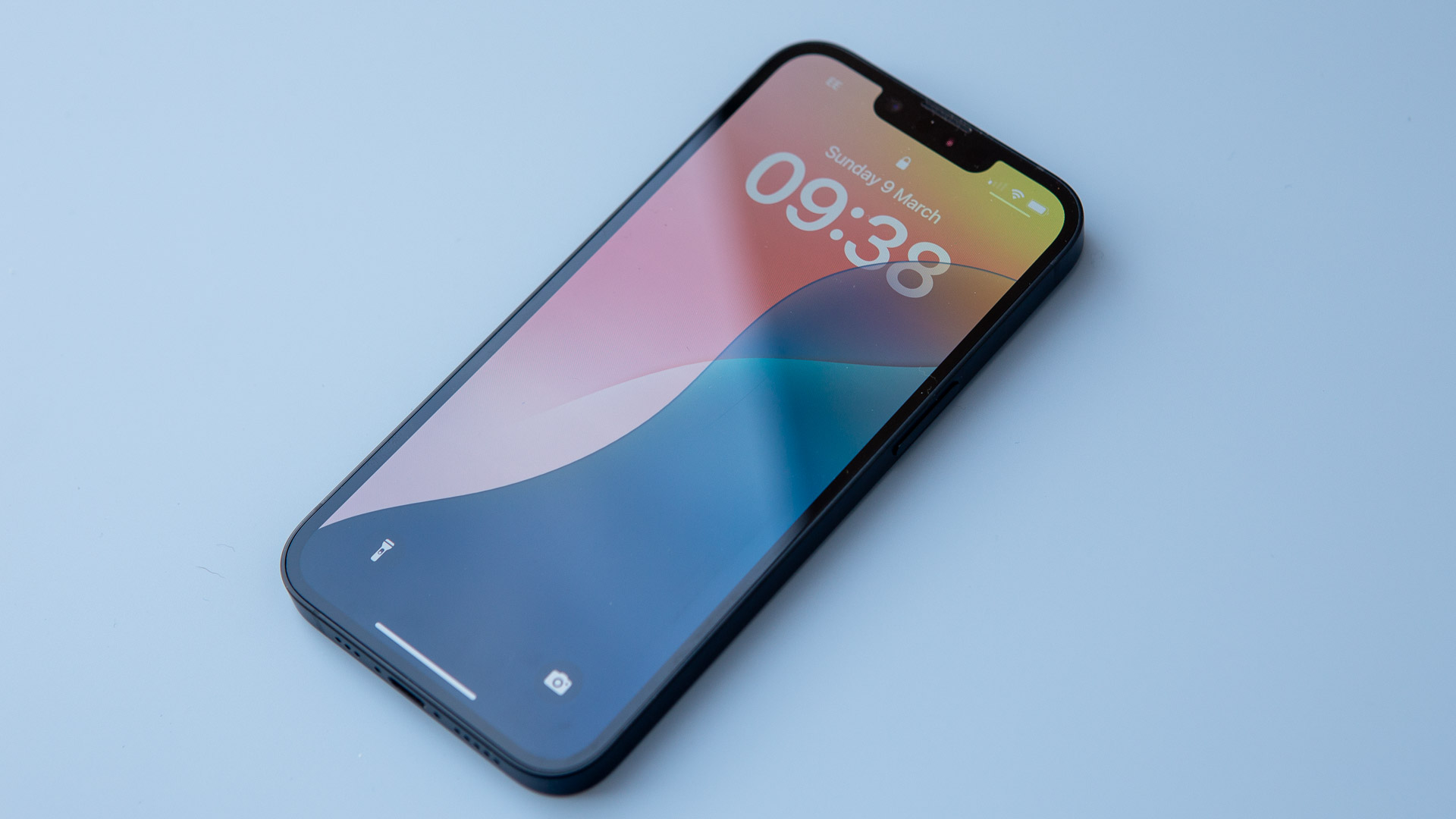 Your iPhone gets some new tricks - here’s what it can do now
Your iPhone gets some new tricks - here’s what it can do nowThe new emojis and priority notifications are probably our favourite
By Britta O'Boyle
-
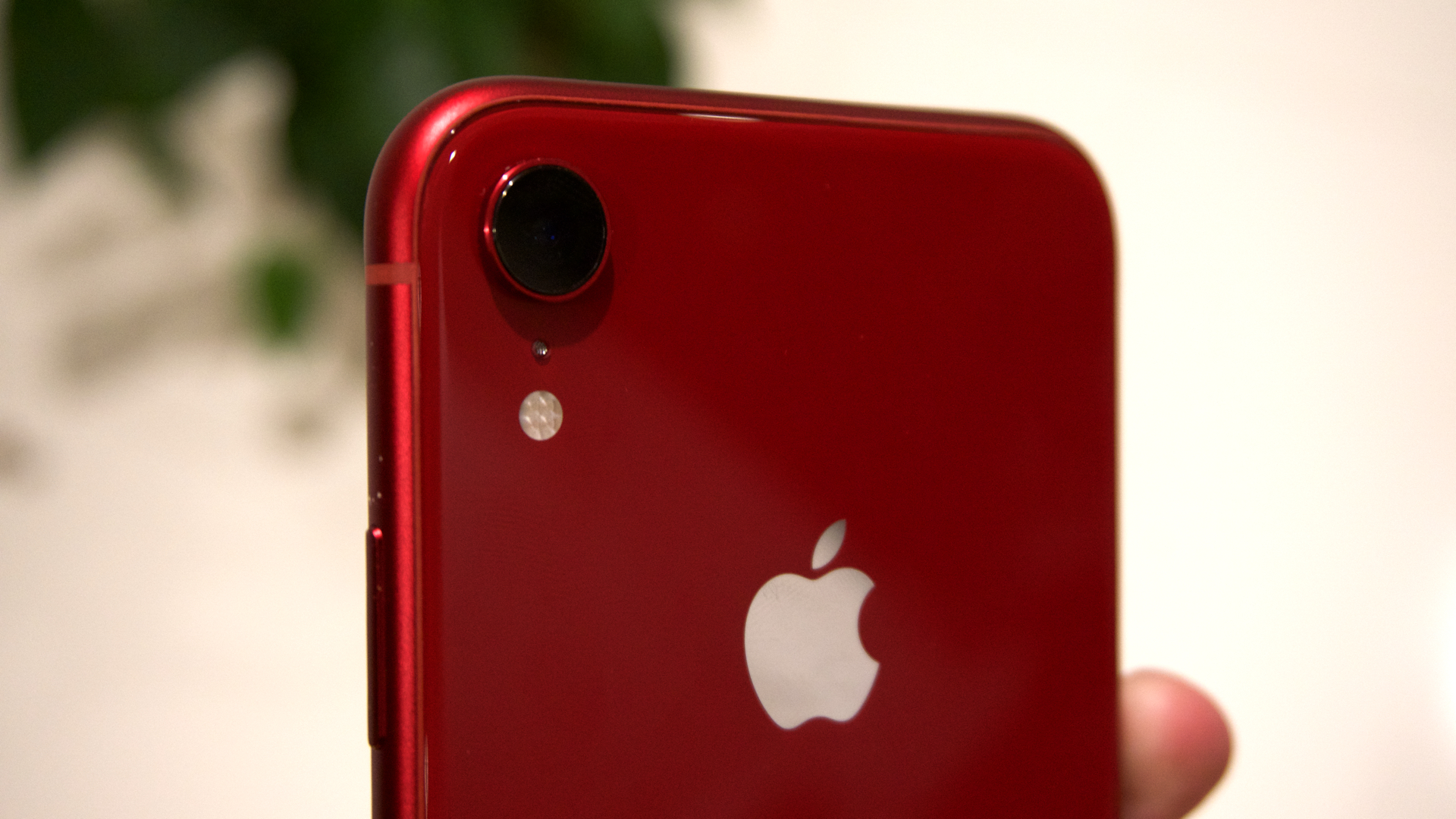 Older iPhones at risk of being left behind when iOS 19 arrives – is your device one of them?
Older iPhones at risk of being left behind when iOS 19 arrives – is your device one of them?Apple will reportedly drop three iPhone models when it comes to the iOS 19 update
By Carrie Marshall
-
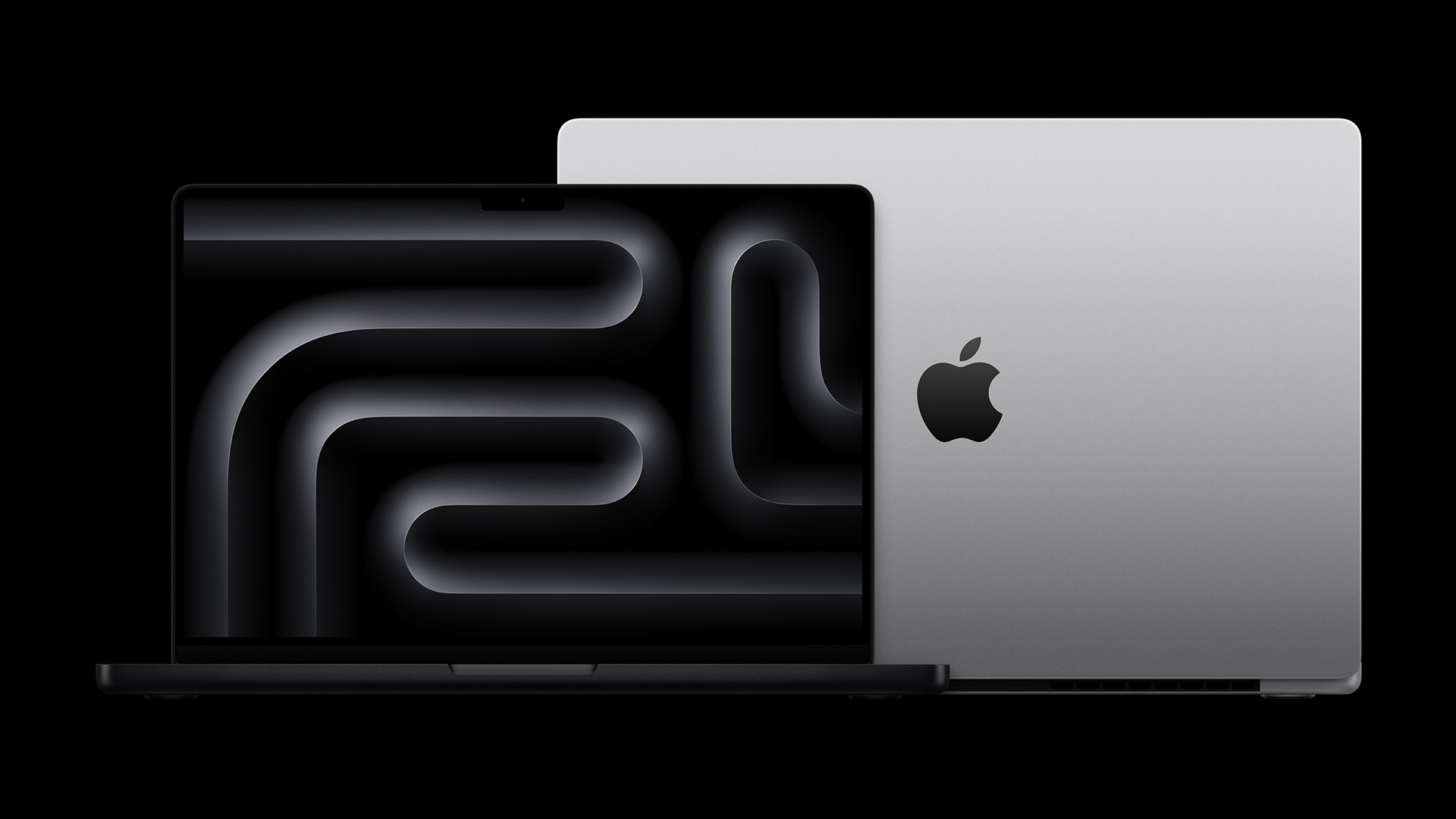 Your next MacBook Pro could be a game-changer for three good reasons
Your next MacBook Pro could be a game-changer for three good reasonsApple will reportedly upgrade next year's MacBook Pro in three major ways
By Rik Henderson
-
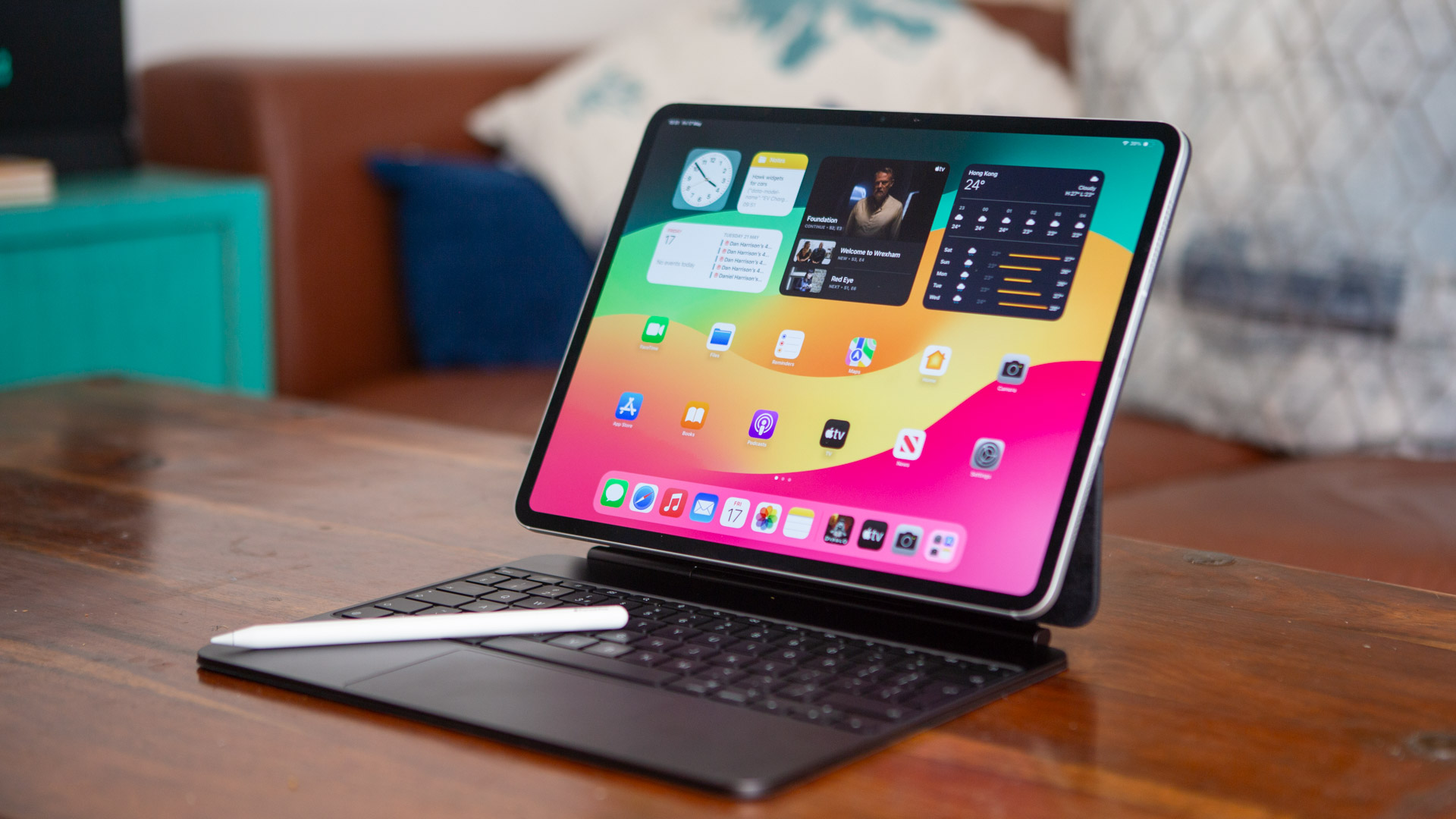 M5 iPad Pro on schedule for release this year, claims expert
M5 iPad Pro on schedule for release this year, claims expertApple's best tablet is reportedly getting even more power in late 2025
By Carrie Marshall
-
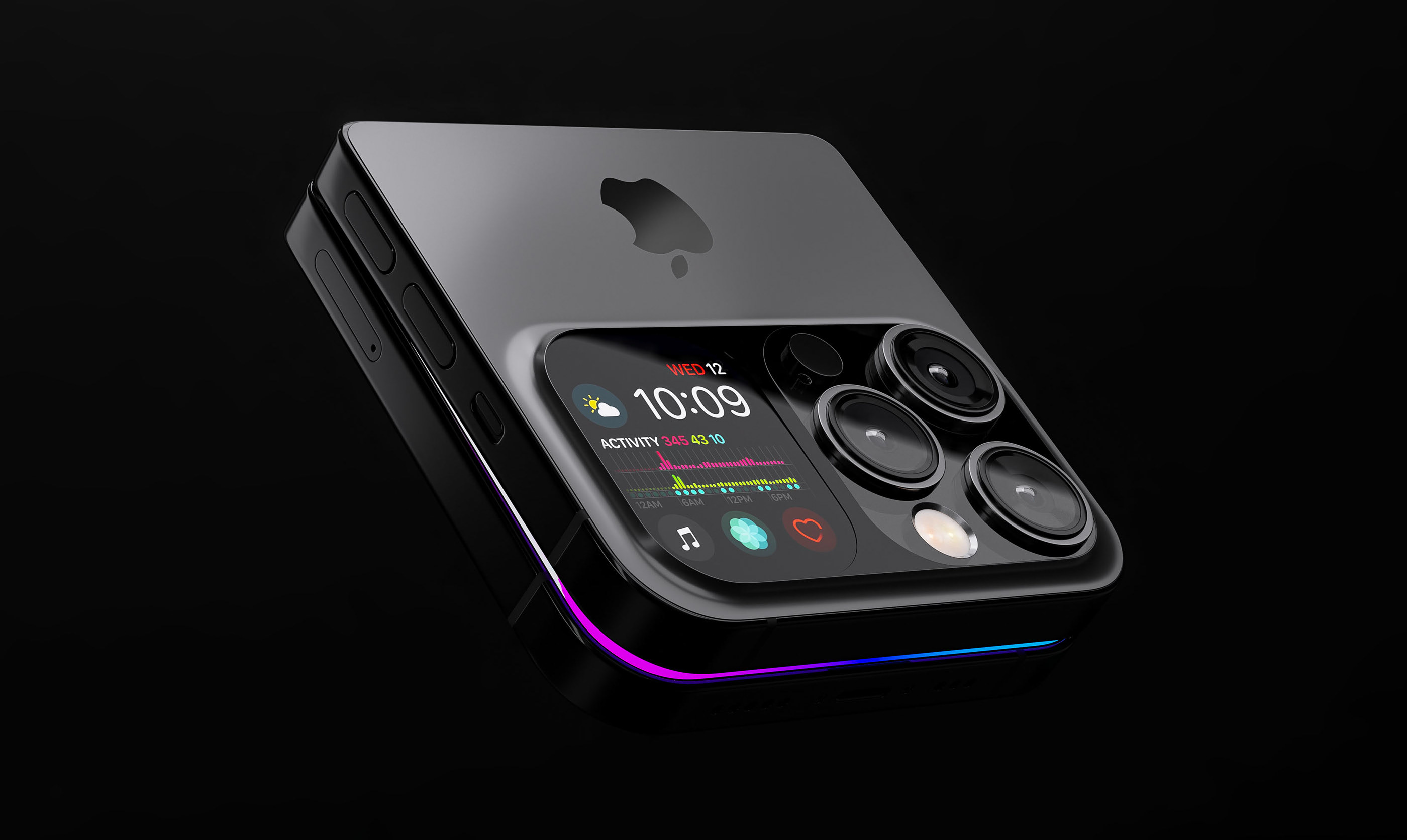 New evidence suggests Apple's taking its foldable iPhone seriously
New evidence suggests Apple's taking its foldable iPhone seriouslyAnd it might bring something different to the party too
By Britta O'Boyle
-
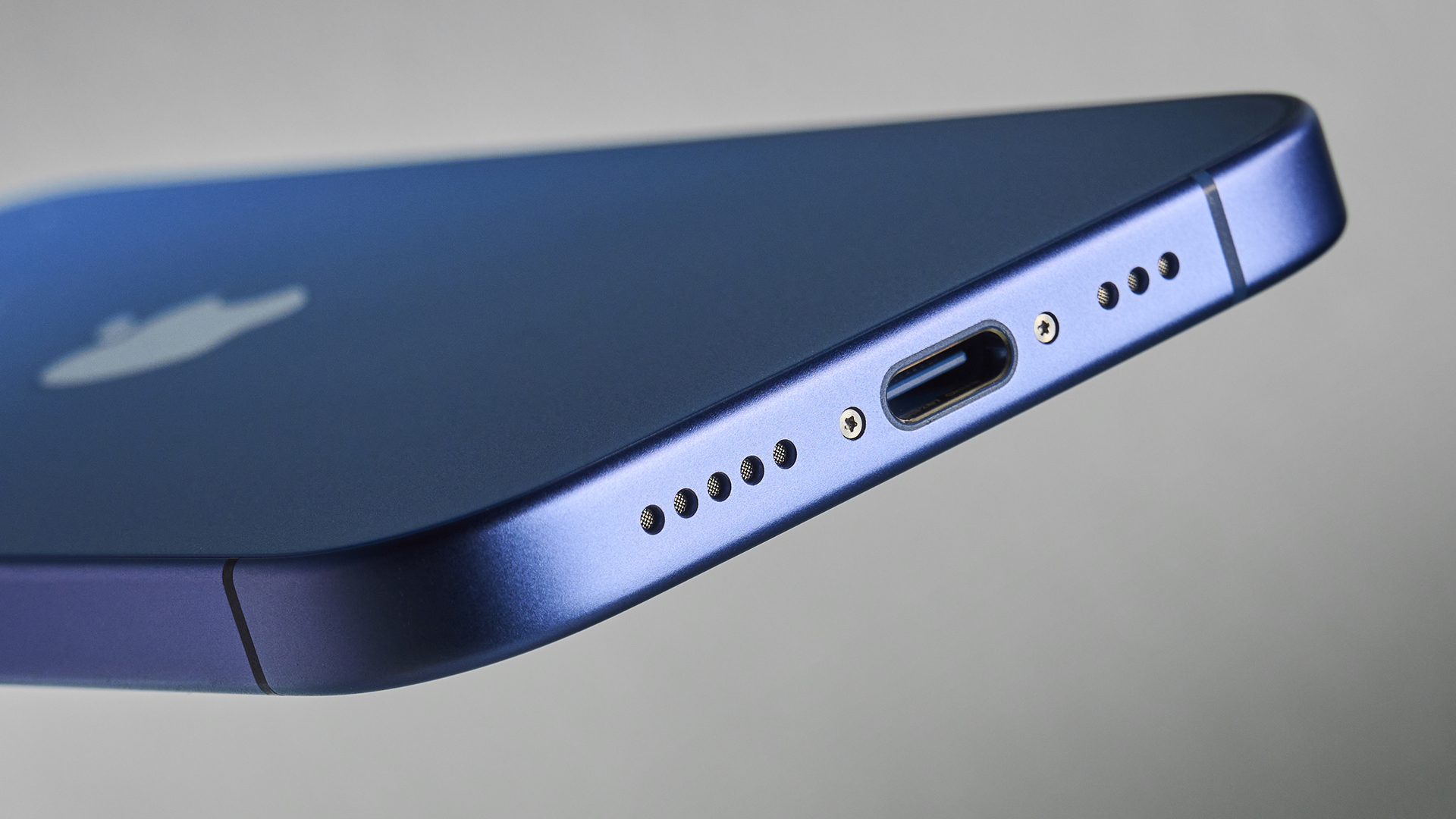 EU paves the way for iPhones and Android devices to ditch USB-C entirely
EU paves the way for iPhones and Android devices to ditch USB-C entirelyClarification enables Apple, Samsung and others to switch to wireless charging only
By Rik Henderson